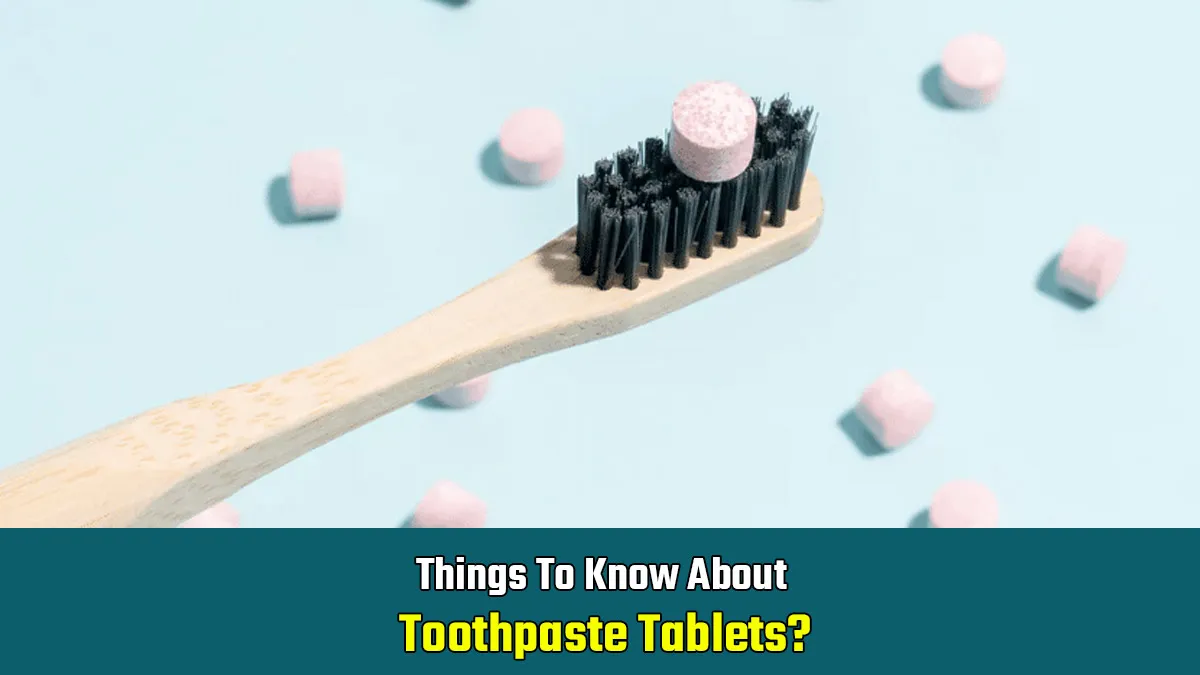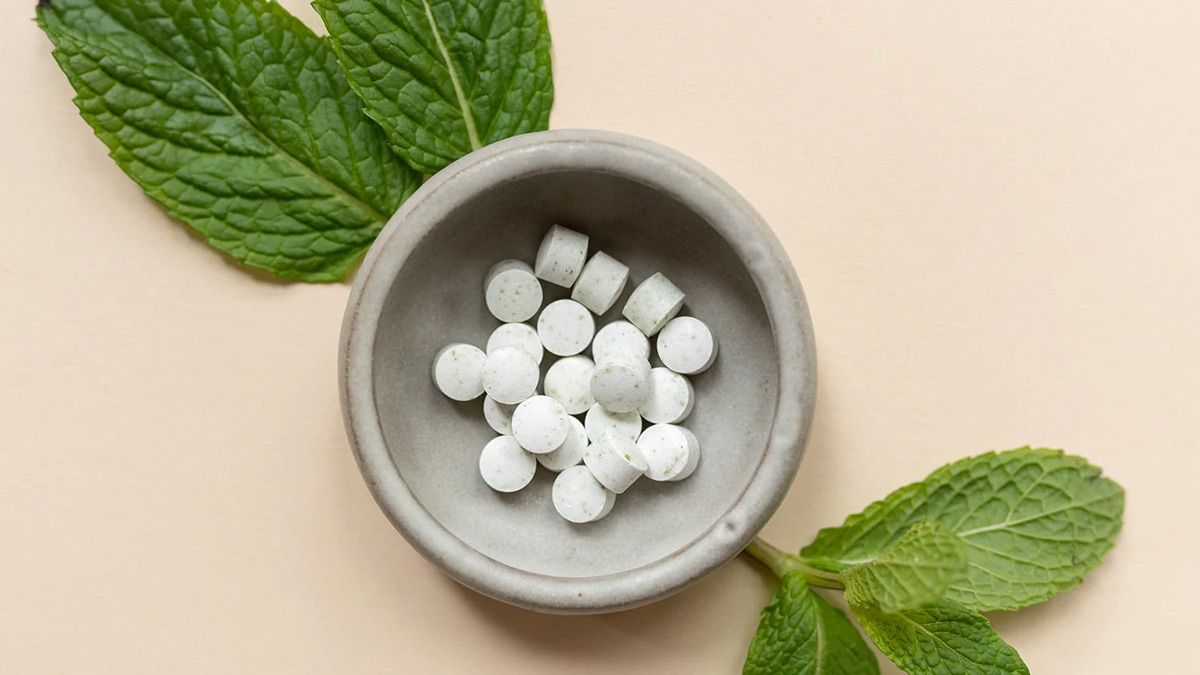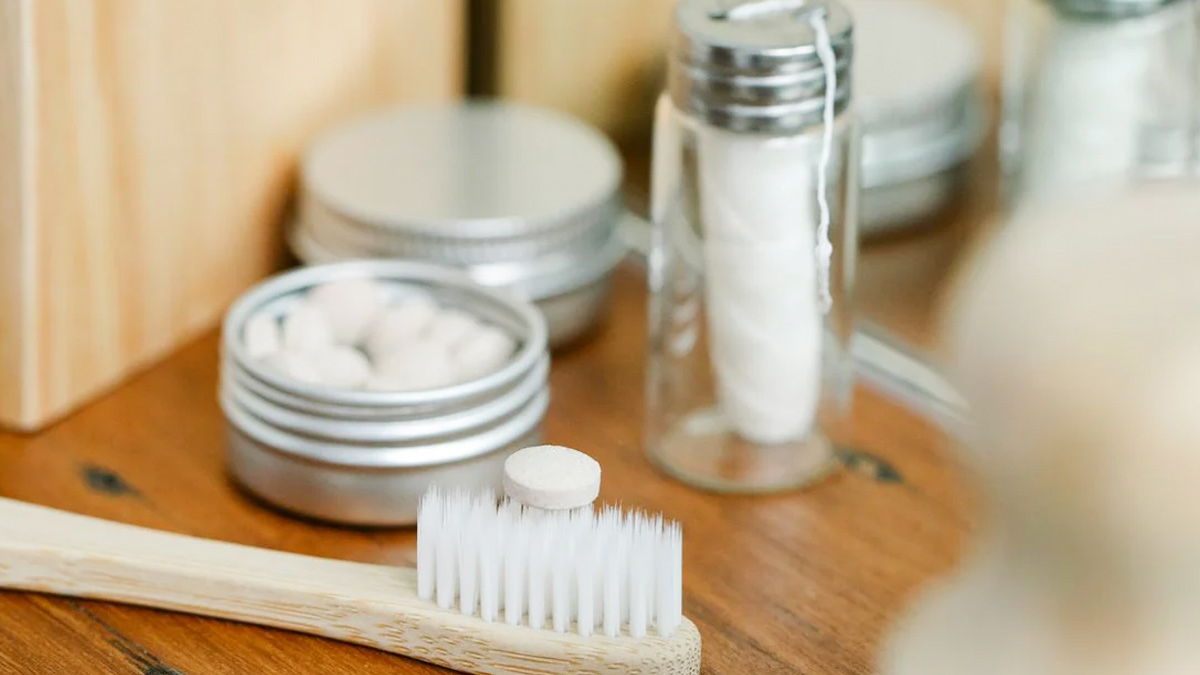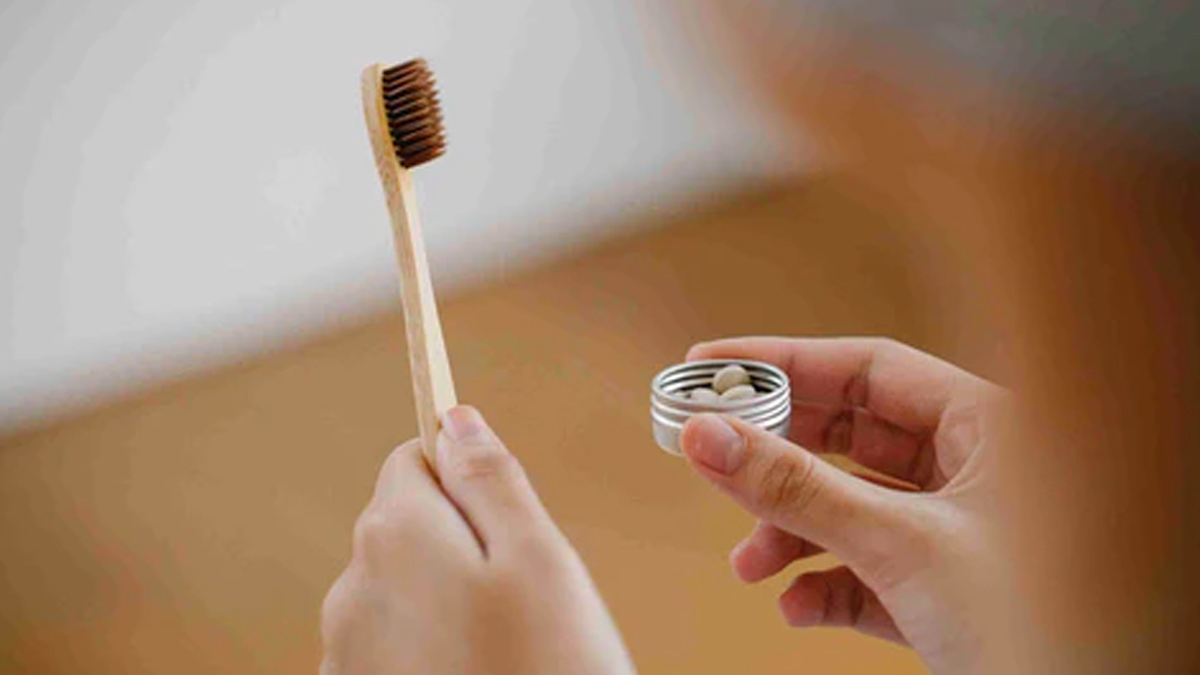
Are toothpaste tablets really as good as regular toothpaste? This is a question that has come up in the recent trend. With more people looking for eco-friendly and travel-friendly options, toothpaste tablets are becoming popular as an alternative to traditional toothpaste. These small, chewable tablets promise a clean mouth and fresh breath, but do they actually work? Read ahead to find out what Dr Rajesh Koppikar, Consultant, Dental Surgery, Kokilaben Dhirubhai Ambani Hospital, Mumbai, has to say about their oral health benefits and whether you should consider making the switch.
Table of Content:-
What Are Toothpaste Tablets?![toothpaste tablets 3 - 2025-06-23T155627.800]()
Toothpaste tablets are a modern twist on regular toothpaste. They look like small pills and are made from compressed toothpaste ingredients. To use them, you simply chew a tablet, wet your toothbrush, and brush your teeth as you normally would. These tablets often come in glass jars or compostable pouches, making them a favourite among people who want to reduce plastic waste.
ALSO READ: Paralysed After 30 Minutes on the Toilet? Expert Shares How It Can Cause Paralysis
Are Toothpaste Tablets Effective?![toothpaste tablets for mouth 1 - 2025-06-23T155629.272]()
Dr Rajesh Koppikar says, “Toothpaste tablets are a modern alternative to traditional toothpaste. They are small, chewable tablets made from a compressed form of toothpaste ingredients. To use them, you simply chew the tablet, wet your toothbrush, and brush as usual. They typically come in sustainable packaging, making them popular among consumers.”
But do they actually clean your teeth well? Dr. Koppikar explains, “Yes, when formulated well, toothpaste tablets can be just as effective as conventional toothpaste in cleaning teeth and maintaining oral hygiene. Many toothpaste tablets contain essential ingredients like fluoride (for cavity prevention), abrasives (to remove plaque), and cleansers like sodium bicarbonate or calcium carbonate. Some also include natural flavours and breath-freshening agents.”
The expert further adds, “Dentists agree that their effectiveness depends on the formulation, particularly whether they contain fluoride, which is key for preventing tooth decay. Options may be suitable for certain users, but they may not offer the same level of protection against cavities as regular toothpaste.”
Benefits of Toothpaste Tablets![is toothpaste tablet effective 2 - 2025-06-23T155630.855]()
- Travel-friendly: No liquid, so easy to carry on flights and no risk of leakage.
- Eco-friendly: Usually packaged in glass jars or compostable pouches, helping reduce plastic waste.
- Portion-controlled: Each tablet is pre-measured, so you don’t use too much or too little.
- Longer shelf life: Less likely to dry out compared to toothpaste tubes.
- Convenient: Lightweight and easy to store, perfect for minimalists or people on the go.
Toothpaste Tablets: Precautions to Keep in Mind
- Check for fluoride: Not all toothpaste tablets have fluoride. If you get cavities easily, choose a fluoride-containing tablet.
- Consult your Dentist: Especially for children or if you have dental issues.
- Don’t swallow: Chew to break up the tablet, but always spit out after brushing.
- Watch abrasiveness: Some tablets are more abrasive and could wear down enamel if used too often.
Conclusion
Toothpaste tablets can be a good and eco-friendly choice for many people. They are easy to use, travel-friendly, and help reduce plastic waste. However, their effectiveness depends on the ingredients, especially fluoride. Always check the label and talk to your dentist before switching. With the right product and good brushing habits, toothpaste tablets can keep your smile healthy and bright.
Also watch this video
Read Next
Salman Khan Opens Up About 3 Neurological Conditions: How They Affect The Body And Who’s At Risk?
How we keep this article up to date:
We work with experts and keep a close eye on the latest in health and wellness. Whenever there is a new research or helpful information, we update our articles with accurate and useful advice.
Current Version


